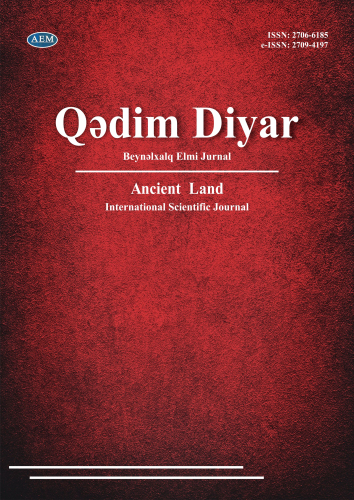https://doi.org/10.36719/2706-6185/43/125-129
Aygun Gurbanli
Baku State University
Ph. D. student
aygun.sahmarqizi@gmail.com
https://orcid.org/0009-0005-7234-2303
The Main Components of Information Policy in Analytical Journalism
Abstract
Modern information policy is a complex field that ensures the development and security of society.
This policy encompasses vital aspects such as information security, cybersecurity, personal data protection, and the regulation of the internet. Cybersecurity, in particular, is a priority issue for states and organizations, as cyber threats have a global nature. Simultaneously, freedom of expression and censorship must be balanced, as it is crucial to protect citizens' rights. Digital equality aims to increase internet access and improve digital literacy, especially in developing countries.
Digital education programs are designed to enhance individuals' skills in line with modern economic demands. International cooperation is essential for establishing cybersecurity standards and developing relevant legislative frameworks. The rapid development of the digital economy offers new job opportunities and market diversification while strengthening global trade relations. Thus, various aspects of information policy must be implemented collaboratively by states, international organizations, and other societal actors. Progress in this field stimulates not only economic growth but also social transformation, necessitating collective cooperation. Everyone should actively participate in this area.
Keywords: media, politics, information, security, analytical throught

